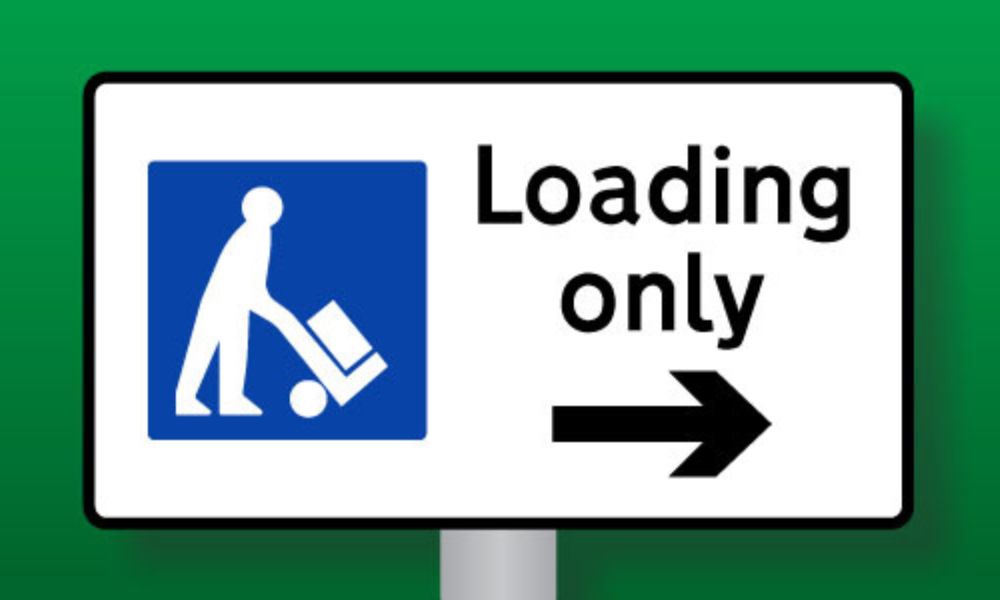Parking on the pavement: The law explained
As of September 2025, parking on the pavement is illegal in London and Scotland. Throughout the rest of the UK, it is generally permitted unless signs indicate otherwise.
On September 3rd 2025, the Pavement Parking Bill, passed its first reading in the House of Commons.
If the Bill passes, the restrictions currently enforced in London and Scotland could also be introduced for the rest of England and in Wales.
In this guide, we’ll explain the current laws, why Scotland and London have different rules - and what changes may be coming soon.
Get a free valuation
Is it illegal to park on the pavement?
Outside of London and Scotland, parking on the pavement itself is not illegal, unless prohibited by local signage. However, there are some circumstances in which you can be fined for doing so, which has led to confusion among many motorists.
The Highway Code and pavement parking
- Rule 244 of the Highway Code states that drivers “must not park partially or wholly on the pavement in London and should not do elsewhere unless signs permit it.”
- The words ‘must not’ indicate that this is mandatory in London (the same rules apply in Scotland) – and you could be fined for breaching the rules. However, the words ‘should not’ signal that elsewhere, the guidance is advisory.
- Rule 242 of the Highway Code states: “You must not leave your vehicle or trailer in a dangerous position or where it causes any unnecessary obstruction of the road."
- If your car is reported to the police or seen by a police officer who judges it to be parked dangerously or obstructively, you could receive a fixed penalty notice (FPN).
- Some motorists have argued this has created a legal ‘grey area’, as opinions on what constitutes ‘dangerous’ or ‘obstructive’ parking can vary.
Residential street parking laws
- According to the Highway Code, drivers cannot park on dropped kerbs that appear in front of a driveway. You could be fined, even if your vehicle is only partially covering a dropped kerb.
- It is legal to park outsides someone’s house, so long as the entrance is not blocked, and the occupier has enough space to access their property.
Local authorities and TROs
Outside of London and Scotland, pavement parking is permitted, unless it has been prohibited through a traffic regulation order (TRO) issued by a local authority.
When this is the case, it will be indicated by nearby signs.
Yellow lines and pavement markings
Single and double yellow lines next to pavements and markings at the edges can also restrict pavement and kerbside parking.
Read our guide to yellow line parking rules to learn more.
Why is the law different outside of London and Scotland?
- Pavement parking in Greater London has been prohibited since 1974, although there are some exemptions, which are indicated by traffic signs.
- The Transport (Scotland) Act 2019 bans parking on pavements, along with dropped kerb and double parking. However, certain exemptions apply.
- A Private Members’ Bill (PMB) seeking to make pavement parking illegal across the UK was introduced in parliament in 2015.
- However, it didn’t make it through the second reading after concerns were raised over where residents in narrow streets without off-street parking could park.
- As of September 2025, no other part of the UK has banned pavement parking.
Pavement parking rules in the UK compared
| Is pavement parking legal? | Key points & penalties | |
|---|---|---|
| England | Yes (except in London) | London has a full ban (with fines of up to £160). Elsewhere, pavement parking is only banned where TROs are in place. Police can also act and issue fines if a vehicle is parked dangerously or causing an obstruction. |
| Scotland | No | Pavement, dropped kerb, and double parking is banned in Scotland. This been enforced since Dec 2023 under the Transport (Scotland) Act 2019 with £100 fines (£50 if paid in 14 days). There are some exemptions for roadwork and delivery vehicles and emergency access. |
| Wales | Yes | Parking on the pavement is legal in most circumstances unless TRO signage indicates otherwise. Police can issue a fine (up to £130) if a vehicle is parked dangerously or obstructively. |
| Northern Ireland | Yes | In Northern Ireland, pavement parking is legal in most areas. Since November 2023, it has been banned at specific spots (e.g. bus stops, cycle lanes, and school clearways). £90 fines can be issued (reduced to £45 if paid within 14 days) for drivers who park on the pavement in prohibited areas, or in a manner that the police judge to be dangerous or obstructive. |
Will the law change elsewhere?
- On 29th January 2025, Labour MP Marsha De Cordova presented the ‘Pavement Parking Bill’ - a new Private Members’ Bill (PMB) to Parliament for the first time. On 3rd September, the Bill passed its first reading in the House of Commons.
- The Bill must pass through several more stages in both the House of Commons and the House of Lords, undergo final amendments, and receive royal ascent before it becomes law. Past PMBs have taken months or even years to pass - and some will never become law.
- However, if the Bill is enacted, pavement parking restrictions that are currently only active in Scotland and London could be implemented across England and Wales.
- Residents could face similar restrictions to those currently enforced in London and Scotland.
- You can track the Bill’s progress here.










